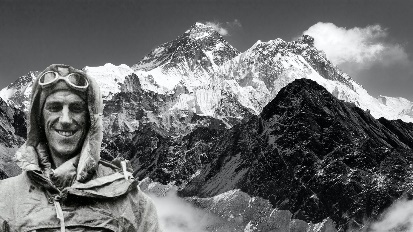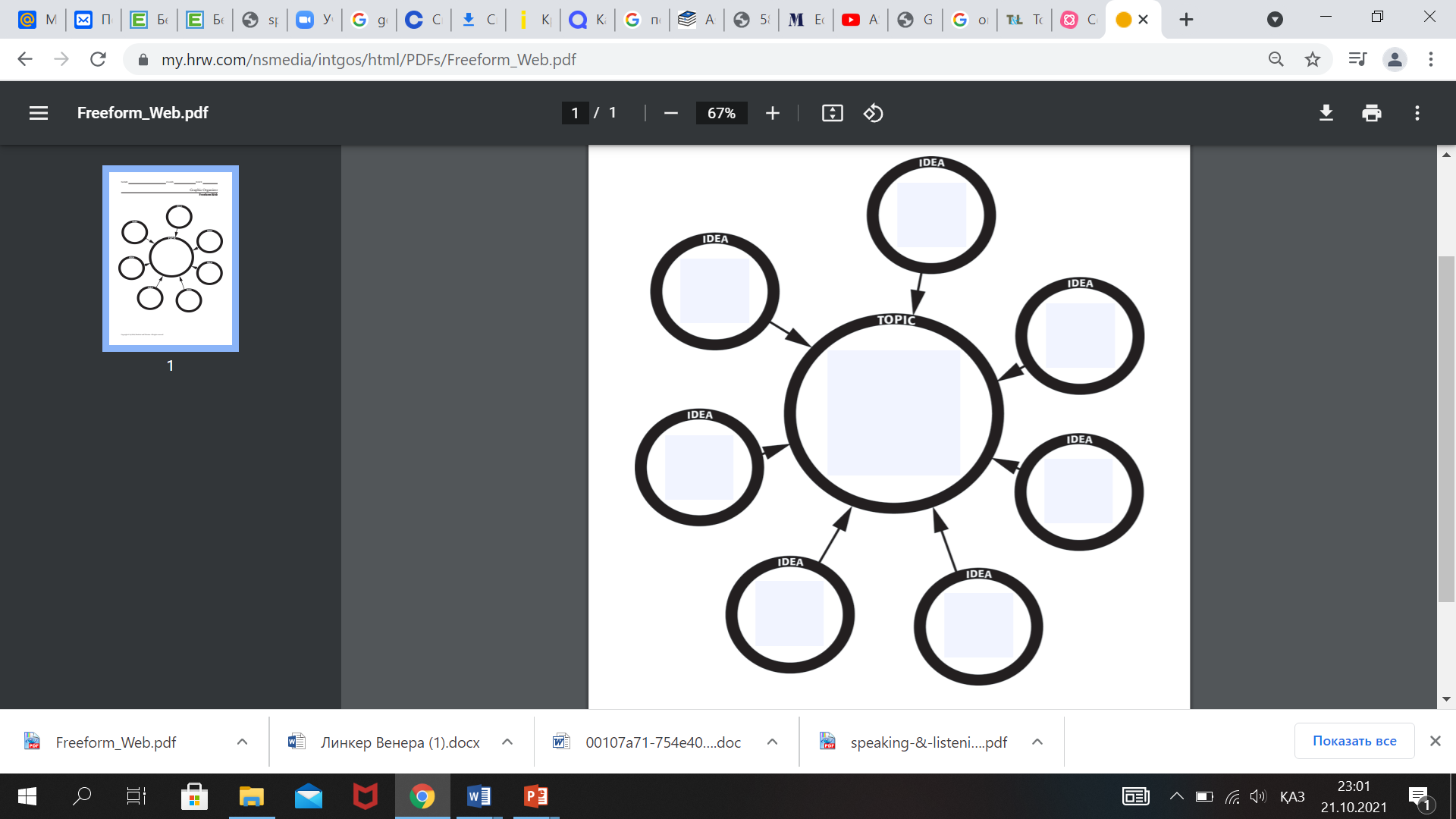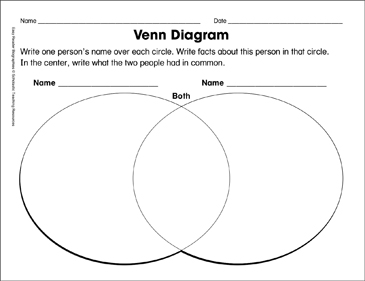
|
|
Unit 1. Legend or truth |
Teacher name:AbdulmaxutAinur, 7 Betkainar college |
|
|||||||||||||||||||||||||||||||||||||||||||||||||||||||||||||||||||||||||||||||||||||||||||||||||||||||||||||||||||||||||||||||||||||||||||||||||||||||||||||||||||||||||||||||||||
|
|
Grade: 10 |
Number present: |
absent: |
|
||||||||||||||||||||||||||||||||||||||||||||||||||||||||||||||||||||||||||||||||||||||||||||||||||||||||||||||||||||||||||||||||||||||||||||||||||||||||||||||||||||||||||||||||||
|
|
Theme of the lesson: |
The wildest dream. Past Simple |
|
|||||||||||||||||||||||||||||||||||||||||||||||||||||||||||||||||||||||||||||||||||||||||||||||||||||||||||||||||||||||||||||||||||||||||||||||||||||||||||||||||||||||||||||||||||
|
|
Learning objectives(s) that this lesson is contributing to |
10.C2 use reading, speaking and listening skills to provide sensitive feedback to peers 10.S7 use appropriate subject-specific vocabulary and syntax to talk about a range of general and curricular topics 10.R1 understand main points in extended texts on a range of familiar and some unfamiliar general and curricular. 10.UE.7 - use perfect continuous forms and a variety of simple perfect active and passive forms including time adverbials … so far, lately, all my life , on a wide range of familiar general and curricular topics; |
|
|||||||||||||||||||||||||||||||||||||||||||||||||||||||||||||||||||||||||||||||||||||||||||||||||||||||||||||||||||||||||||||||||||||||||||||||||||||||||||||||||||||||||||||||||||
|
|
Lesson objectives |
All learners will be able to: • appreciate the main idea of the text • pick up and practice specific vocabulary related to the topic ‘The wildest dream’ • implement the key words and phrases to write about mountaineering expedition Most learners will be able to: • determine the features of the main characters • spread topic related vocabulary to express their ideas about the mountaineering expedition • represent the similarities and differences of the main characters in written form Some learners will be able to: • compile the main events of the text in chronological order • compose their own mountaineering expedition • express their attitude to the mountaineers |
|
|||||||||||||||||||||||||||||||||||||||||||||||||||||||||||||||||||||||||||||||||||||||||||||||||||||||||||||||||||||||||||||||||||||||||||||||||||||||||||||||||||||||||||||||||||
|
|
• appreciate the main idea of the text • pick up and practice specific vocabulary related to the topic ‘The wildest dream’ • implement the key words and phrases to write about mountaineering expedition Most learners will be able to: • determine the features of the main characters • spread topic related vocabulary to express their ideas about the mountaineering expedition • represent the similarities and differences of the main characters in written form Some learners will be able to: • compile the main events of the text in chronological order • compose their own mountaineering expedition • express their attitude to the mountaineers |
|
||||||||||||||||||||||||||||||||||||||||||||||||||||||||||||||||||||||||||||||||||||||||||||||||||||||||||||||||||||||||||||||||||||||||||||||||||||||||||||||||||||||||||||||||||||
|
|
Assessment criteria |
|
|
|||||||||||||||||||||||||||||||||||||||||||||||||||||||||||||||||||||||||||||||||||||||||||||||||||||||||||||||||||||||||||||||||||||||||||||||||||||||||||||||||||||||||||||||||||
|
|
Language objectives |
Learners can:
|
|
|||||||||||||||||||||||||||||||||||||||||||||||||||||||||||||||||||||||||||||||||||||||||||||||||||||||||||||||||||||||||||||||||||||||||||||||||||||||||||||||||||||||||||||||||||
|
|
Level thinking skills |
Application knowledge and comprehension Understanding Analyzing Creating Evaluating Higher order thinking skills |
|
|||||||||||||||||||||||||||||||||||||||||||||||||||||||||||||||||||||||||||||||||||||||||||||||||||||||||||||||||||||||||||||||||||||||||||||||||||||||||||||||||||||||||||||||||||
|
|
Cross curricular links |
Lesson is connected with PE |
|
|||||||||||||||||||||||||||||||||||||||||||||||||||||||||||||||||||||||||||||||||||||||||||||||||||||||||||||||||||||||||||||||||||||||||||||||||||||||||||||||||||||||||||||||||||
|
|
ICT skills |
Using videos& pictures, working with URLs, PPT whiteboard and visual aids, cards, sheets of paper, computer |
|
|||||||||||||||||||||||||||||||||||||||||||||||||||||||||||||||||||||||||||||||||||||||||||||||||||||||||||||||||||||||||||||||||||||||||||||||||||||||||||||||||||||||||||||||||||
|
|
Previous learning |
Legend or Truth? |
|
|||||||||||||||||||||||||||||||||||||||||||||||||||||||||||||||||||||||||||||||||||||||||||||||||||||||||||||||||||||||||||||||||||||||||||||||||||||||||||||||||||||||||||||||||||
|
|
Plan |
|
||||||||||||||||||||||||||||||||||||||||||||||||||||||||||||||||||||||||||||||||||||||||||||||||||||||||||||||||||||||||||||||||||||||||||||||||||||||||||||||||||||||||||||||||||||
|
|
Planned timings |
Planned activities |
Resources |
|
||||||||||||||||||||||||||||||||||||||||||||||||||||||||||||||||||||||||||||||||||||||||||||||||||||||||||||||||||||||||||||||||||||||||||||||||||||||||||||||||||||||||||||||||||
|
|
Beginning 5 minutes |
(W)Organizationmoment Teacher greets the learners and asks some questions to organise class. Date questions Lesson objectives Assessment criteria are discussed with learners Students say wishes to each other. Example: I wish you to be active Lesson hook. Warm up. Free talk.
Quick Write strategy. (W)Task 1. Pre-watching task “Do you know that?” Learners write as much information they know about Mount Everest which concerned today`s lesson. Teacher shows PPT slide with pictures of Sir Edmund Hillary and Everest Mountain and asks learners some questions to activate prior knowledge: - Who was Sir Edmund Hillary? - How is he connected to Mount Everest?
Descriptors: A learner:
Differentiation is provided by support: Less able students are supported through wait-time strategy, think-pair-share activity and visual aids. More able students are challenged to have less thinking time. |
Aim cards Assessment criteria table – whiteboard
PPT slide (useful phrases) https://mpora.com/mountaineering-expeditions/edmund-hillary-facts/ Writing worksheet |
|
||||||||||||||||||||||||||||||||||||||||||||||||||||||||||||||||||||||||||||||||||||||||||||||||||||||||||||||||||||||||||||||||||||||||||||||||||||||||||||||||||||||||||||||||||
|
|
Middle 30 minutes
|
Three-minute Pause Strategy: Teacher shows video: “The Wildest Dream” stop any time during watching the video and give learners three minutes to review what has been said, summarize key ideas, and to ask clarifying questions: - What do you think? Did these two brave men manage to reach the summit? Descriptors: A learner:
ThinkPad Brainstorming strategy: Teacher draws learners attention to the board and says that they are going to work in pairs. The task is to watch the video “The Wildest Dream” again and try to find the main idea of this video. Learners should work in collaboration with a neighbor and actively participate in a discussion and expressing their own ideas. Descriptors: A learner:
Differentiation is provided by support: Less able students are supported through wait-time strategy, think-pair-share activity. More able students are challenged to have less thinking time. Pre-reading (P, W) Teacher distributes handouts to the learners to check their background knowledge about the first mountaineering expedition. Learners work in pairs.
Descriptors for less able students: A learner:
Descriptors for more able students: A learner:
Differentiation is provided by task: Less able students are supported through think-pair-share activity and they complete Web graphic organiser More able students are challenged with the opportunity to generate the main facts while completing Web graphic organiser While-reading (I, R)Teacher allows time to read the text focusing on the main aspects.
( Descriptors: A learner:
Think Pair Share Strategy:Listening and reading time approach ex 3 p 6-7 – Students listen to the text and skim the text for understanding= Reading with remarks. Partners share their answers with another set of partners before the whole-class discussion.
Post-reading Three-Step Interview: (G, W) Students are presented asked some questions. Interview each other and share what they have learned with another team of two. Group assessment Descriptors: A learner:
Differentiation is provided by learning styles: Visual learners are supported by providing pictures and PPT slides Auditory learners are supported with the possibility to work in groups Kinesthetic learners are supported with the opportunity walking around and do mingle activity Imagine this (W, G) Teacher asks learners to imagine that they are mountaineers and they are going to compose and design their own expedition. Learners should use ‘Storyboard’ graphic organizer. Descriptors: A learner: • names the expedition • describes the expeditions • draws a picture according to the short description • evaluates groups’ answers
We are going to learn more about tenses which we have already learned before. Today’s theme is “past simple”. Here is the structure of each tense: Past simple – the action which happened in the past. Affirmative form created by using verb-2 or with adding “–ed” to regular verbs. We also use adverbs such as “yesterday”, “… ago” and/ or “last …”, etc. For example: Leny learned German language last year. Negative form created by using did + not + verb-1. For example: Leny did not learn German language last year. Interrogative form created by using did + noun/pronoun + verb-1 ….? For example: Did Leny learn German language last year? |
https://www.youtube.com/watch?v=fS0AmyWpuFE
https://www.youtube.com/watch?v=fS0AmyWpuFE
Handout 1 Handout 2 https://my.hrw.com/nsmedia/intgos/html/PDFs/Freeform_Web.pdf
Aspect 10. Students Book. Jenny Dooley – Bob Obee Handout 3
ЖИ арқылы жасау
ЖИ арқылы жасау
Бөлісу 1 - айлық Материал тарифі-96% жеңілдік 00 05 00 ҚМЖ
Ашық сабақ
Тәрбие сағаты
Презентация
БЖБ, ТЖБ тесттер
Көрнекіліктер
Балабақшаға арнарлған құжаттар
Мақала, Эссе
Дидактикалық ойындар
және тағы басқа 400 000 материал
Барлық 400 000 материалдарды шексіз жүктеу мүмкіндігіне ие боласыз 1 990 ₸ 49 000₸ 1 айға қосылу Материалға шағымдану Бұл материал сайт қолданушысы жариялаған. Материалдың ішінде жазылған барлық ақпаратқа жауапкершілікті жариялаған қолданушы жауап береді. Ұстаз тілегі тек ақпаратты таратуға қолдау көрсетеді. Егер материал сіздің авторлық құқығыңызды бұзған болса немесе басқа да себептермен сайттан өшіру керек деп ойласаңыз осында жазыңыз Жариялаған: Абдулмаксут АйнурШағым жылдам қаралу үшін барынша толық ақпарат жіберіңіз The wildest dream ағылшын тілі ҚМЖ 10 сынып
Тақырып бойынша 11 материал табылды
The wildest dream ағылшын тілі ҚМЖ 10 сыныпМатериал туралы қысқаша түсінік
Unit 2 The wildest dream ағылшын тілі ҚМЖ 10 сынып aspect 10 grade short term lesson обновленка қысқа мерзімді жоспар
Материалдың қысқаша нұсқасы
| |||||||||||||||||||||||||||||||||||||||||||||||||||||||||||||||||||||||||||||||||||||||||||||||||||||||||||||||||||||||||||||||||||||||||||||||||||||||||||||||||||||||||||||||||||



















